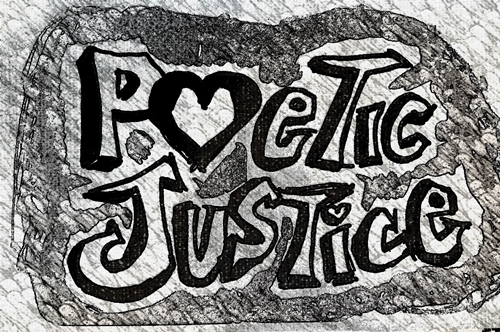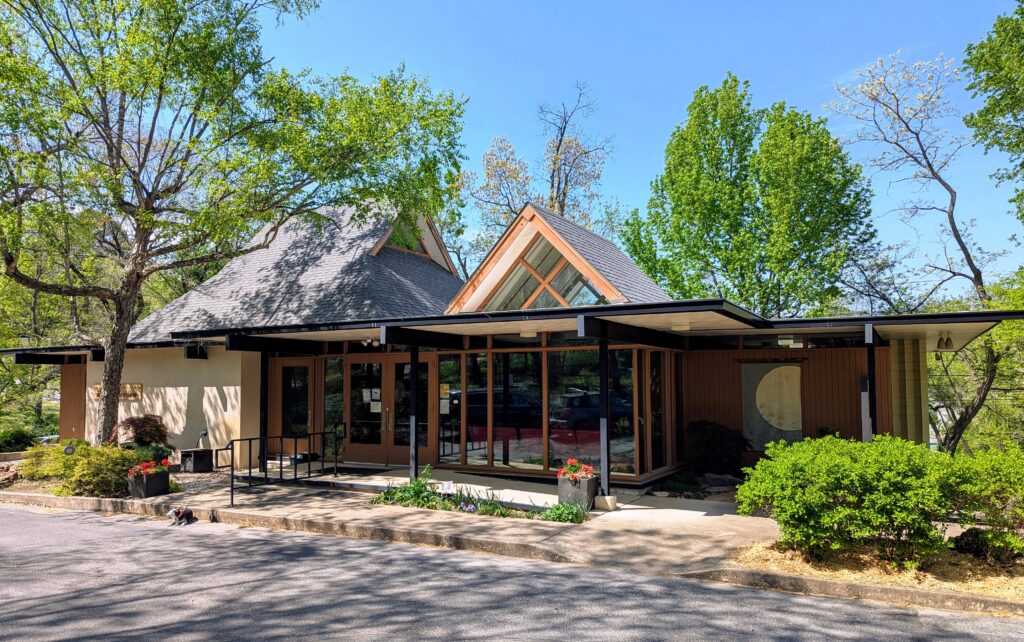A poem presented with a beat on Sunday March 10th, 2019 to UU Fayetteville, AR. Not exact wording. 🙂
(Audio of sermon and poem is available)
JAZZ POETRY AND UNITARIAN UNIVERSALISM
Jazz poetry should never use the words
Unitarian
Or
Universalism
Just listen to them…
Say them out loud
Unitarian
Universalism…
They break the Beat…
They smell like Feet!
They kill any Heat!
That just saying something as Cool as – Jazz Poetry – might complete!
How can I compete
Using a word that bleats like… Unitarian?
Try to Rhyme It!
Try to Climb it!
Lasso and Bind it!
There is no fair Climate,
it just blows in the wind…
Unitarian – the original Swear Word
A dirty underwear word…
By the order of Trinitarians,
A put down,
A hold to the ground,
A Try to drown the heresy word…
Word Of union…
Of a Jazzy God that is one with all,
A UNITY!
No need for more, what a waste of time…
If time is your thing…
Divine in its singularity…
A Big Bang throwing its stuff around,
with all its ensuing Hilarity (12 seasons now)
Who needs more than a Unity?
Two more? Why…
Even Three? Get Real…
Why Three? When Billions and Billions of Realities
Sunshiny Galaxies…
Crowd the doors of the Universe…
A Jazzy, Snazzy universe, where quantum oddness holds court,
You might run into the wall, or you might run through…
Try it and see. (just let me watch)
The cat is both dead and alive!
Observationally…
We might be in two places at once,
Just try to prove it…
A Jazzy, Snazzy Universe where odd things happen…
Things Like me… like You…
Out of the Bang of the Unity comes the Jazz of Evolution
Evolution of the beat, of formation, of the heat…
Of Galaxies, and Stars, moons and earths…
Mud under our feet…
Gave us Fins and Flippers
Fingers and Flyers
Fountains and Fathers….
And the letter F…
M came later,
But… We know Mothers came first…
Or did they???
Who knows…
Because…
Jazz Poetry hates the word Unitarian,
Has evolved to Tolerate the word Universalist
Even as we speak…
Jazz Builds a solid beat around
The Unity and the Universe
And who knows why?
No one…
It’s Just Jazz.
~~~~~~~~~~~~~~~~~~~~~~~~~~
Rev. J Parrish, March 12, 2019

